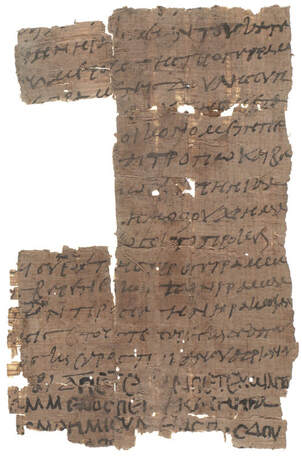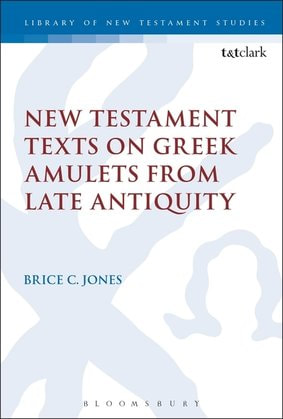 P.Col. 10.254 P.Col. 10.254 Since today is December 30, I thought I would draw attention to something that happened in Roman Egypt on this day nearly 2,000 years ago. P.Col. 10.254 is an interesting 2nd century papyrus document from Egypt (picture of actual document to the left). The document is an official deed of a sale. In it, we meet Herakleia who purchases a female slave named Berenike. Since Herakleia is herself a woman, this raises questions about women's property in Egypt. How much property could women possess? Was it normal for women to buy slaves? Did women purchase slaves for themselves or on behalf of men? In her article "Women as Property Owners in Roman Egypt" (TAPA 113, 1983: 311-321), Deborah Hobson demonstrated, from her analysis of documentary papyri, that women often owned a good deal of property. Usually, property was kept in the family and women and men were recipients of family property, even though men were the usual recipients of real estate (there are several exceptions). P.Col. 10.254 (text reproduced below) is not unique. There are indeed other papyri that mention women as purchasers of slaves (e.g., BGU 11.2111, P.Col. 8.219, P.Oxy. 1.73). So, we know that women could purchase slaves. But, what P.Col. 10.254 and other similar papyri reveal is that women had access to full participation in the economy of Roman Egypt. Herakleia visited the appropriate financial office in person and the transaction was made in her name without any objection. In other words, there seems to have been no social stigma attached to Herakleia's purchase of her own property. The text indicates that Herakleia could "dispose" (i.e., sell, transfer) of Berenike "in whatever way she chooses," underscoring her rights to her property. As the editor maintains, "this is clearly a case of a woman acting independently of men in her own financial interests" (P.Col. 10.254, p. 25). Documentary papyri thus reflect ancient social realities and deepen our knowledge of all sorts of human activity in Egypt, from transportation, business, death, marriage, divorce, and so on. Notice in the image at the top of this blog post, in a second hand, the subscription of Petechon, from whom Herakleia purchased Berenike. This is an example of a "slow writer," someone who could write their name and a few practiced lines but nothing more. The deed itself was probably written by a private clerk.
3 Comments
Samira Minetti
12/30/2019 01:20:19 pm
Dear Brice C. Jones,
Reply
12/30/2019 04:49:17 pm
Hi Samira,
Reply
Samira Minetti
12/30/2019 05:33:24 pm
Thanks Brice, I'll pass it on. Your comment will be posted after it is approved.
Leave a Reply. |

Available at Amazon!
Archives
June 2020
Categories
All
|